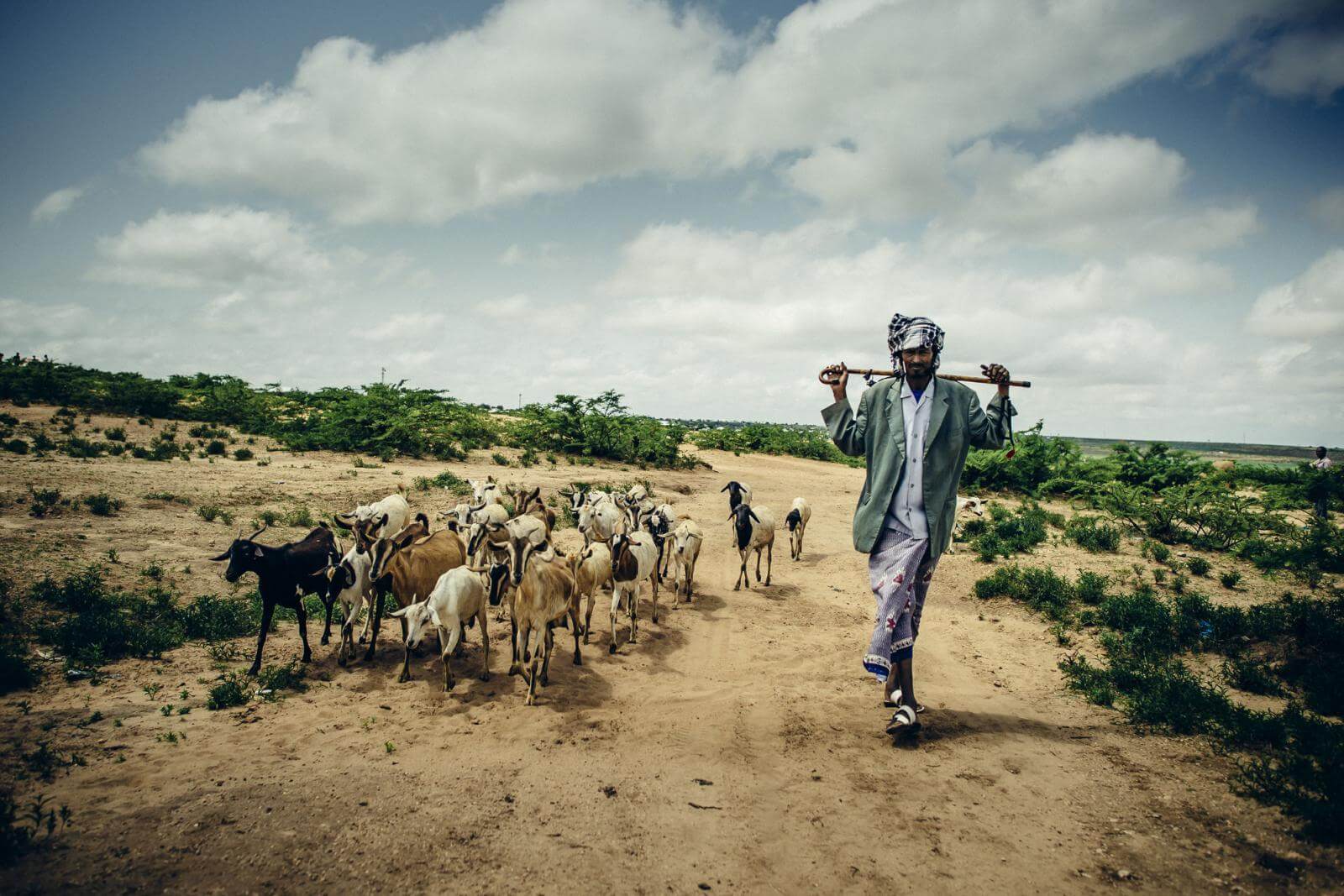What Ahmed Abiy’s Reluctance To Impose A Strict Lockdown Says About Life In Ethiopia

When the coronavirus first made its way from Wuhan in the late phase of 2019, a lockdown appeared rather extreme. The same seems to be the case in present day Ethiopia, whose Prime Minister recently bagged the Nobel Prize for peace.
The spread of the novel virus and the death it wrought changed the narrative. As of the end of March, more than 100 countries of the world had instituted either a full or partial lockdown to contain COVID-19.
Lockdown Tussle
To many, it is a small, brief price to pay for billions to be saved from the threat of a pandemic, especially as it is transmitted by contact. In Africa, several countries have mandated their citizens to stay indoors and for businesses to go remote or temporarily close up shop.
Southern African nation Malawi made headlines for closing schools, banning public gatherings and imposing other measures, even though it did not have any COVID-19 cases at the time.
But, Ethiopia is reluctant to initiate a strict lockdown, which the World Health Organization recommends as a way to help to slow down the spread of the virus.
Yesterday, the East African country’s government declared ‘a state of emergency’ because the outbreak is getting worse. Abiy urged Ethiopians to stand in line with government bodies and others who try to beat the problem.
Although he warned of grave legal measure against underminers, Abiy’s main concern is that Ethiopia cannot afford a lockdown. In fact, it was not immediately clear how the state of emergency would affect day-to-day life in Ethiopia.
Concerns
Authorities in Ethiopia have since closed schools, banned public gatherings and suggested most employees to work from home. However, the government’s fear is that a strict lockdown resembling that initiated in South Africa would take a unbearable toll on Ethiopian livelihoods.
Per a statement by Abiy, a harsher lockdown would be unrealistic given that there are “many citizens who don’t have homes” and “even those who have homes have to make ends meet daily.”

Ethiopia’s East African neighbors Rwanda, Uganda, Mauritius and even Kenya have enforced lockdowns. As at the time of this writing, Ethiopia had 56 confirmed coronavirus cases.
However, William Davison, senior Ethiopia analyst for the International Crisis Group, said, “There is a quite a lot of uncertainty about the extent to which the coronavirus may have spread so far in Ethiopia.”
Another current concern is that the now-declared state of emergency could lead to the abuse of human rights. In Ethiopia, this is a well-documented issue under previous states of emergency effected during many years of anti-government protests.
Poverty
Ahmed Abiy’s concern about the Ethiopian livelihood in the middle of a lockdown is justified. With more than 112 million people, the country has Africa’s second-highest population, after Nigeria. It has one of the fastest-growing populations with an annual growth rate of 2.6 percent.
Although the share of the population living below the national poverty line decreased from 30 percent in 2011 to 24 percent in 2016, Ethiopia remains one of the most impoverished nations in Africa and the world. Fact is, the nation isn’t among those doing the most for inclusive growth in Africa.
In these times, handwashing has become a essential part of not only daily, but hourly life. But 40.55 percent of households lack handwashing facilities. 51.49 percent have them, but lack reliable water sources or soap. Only 7.96 percent have “basic” access, meaning they have access to a facility like a sink with soap and safe water.
In the western world, Ethiopia is often seen as an emblem of poverty. A history of colonization, political unrest, and a refugee crisis birthed by war-torn countries surrounding the nation have contributed to the country’s poor economic status and that global perception.
Ethiopian families are working very hard to improve their lives. With greater access to education, safe water, food security, and sanitation and hygiene practices, the population still living in poverty can make their way into the middle class.
In Lagos, Africa’s largest city, a 14-day lockdown is affecting the lower class residents who have to take on odd jobs to make ends meet. The proliferation of requests for giveaways and financial assistance on social media is a testament.
Living Standards
Ethiopia has one of the fastest-growing economies in the world and is Africa’s second most populous country. But its minimum monthly living wage is about USD 110. A CNBC report shows that Ethiopian garment workers are the lowest paid in the world.
The East African nation also has a documented history of housing problems, as most citizens cannot afford having a decent roof over their heads. Meanwhile, traditional bank accounts are uncommon, as only few people have access to financial services like savings, loans and credit.
Herders, however, have savings and investments in their livestock: camels, sheep, goats or cows. That’s why keep their animals healthy and connect them to markets where they can sell them for income when they need to
Ethiopia is cut off from the sea by Eritrea, Djibouti and Somalia, making it a landlocked country that mostly relies on rain-fed agriculture—including crops and livestock—for the food and income they need to survive.
According to the United Nations, almost 8 million people in Ethiopia do not have the food they need, inclusive of which are 4.2 million children. The country’s dependency on agric has left some families prone to hunger.
Placing people living under these conditions, and more, under a strict lockdown, will shed a spotlight on the country’s fragmented class and wellness system. Only time will tell if Ethiopia’s hand will be eventually forced.
Featured Image: Mercy Corps